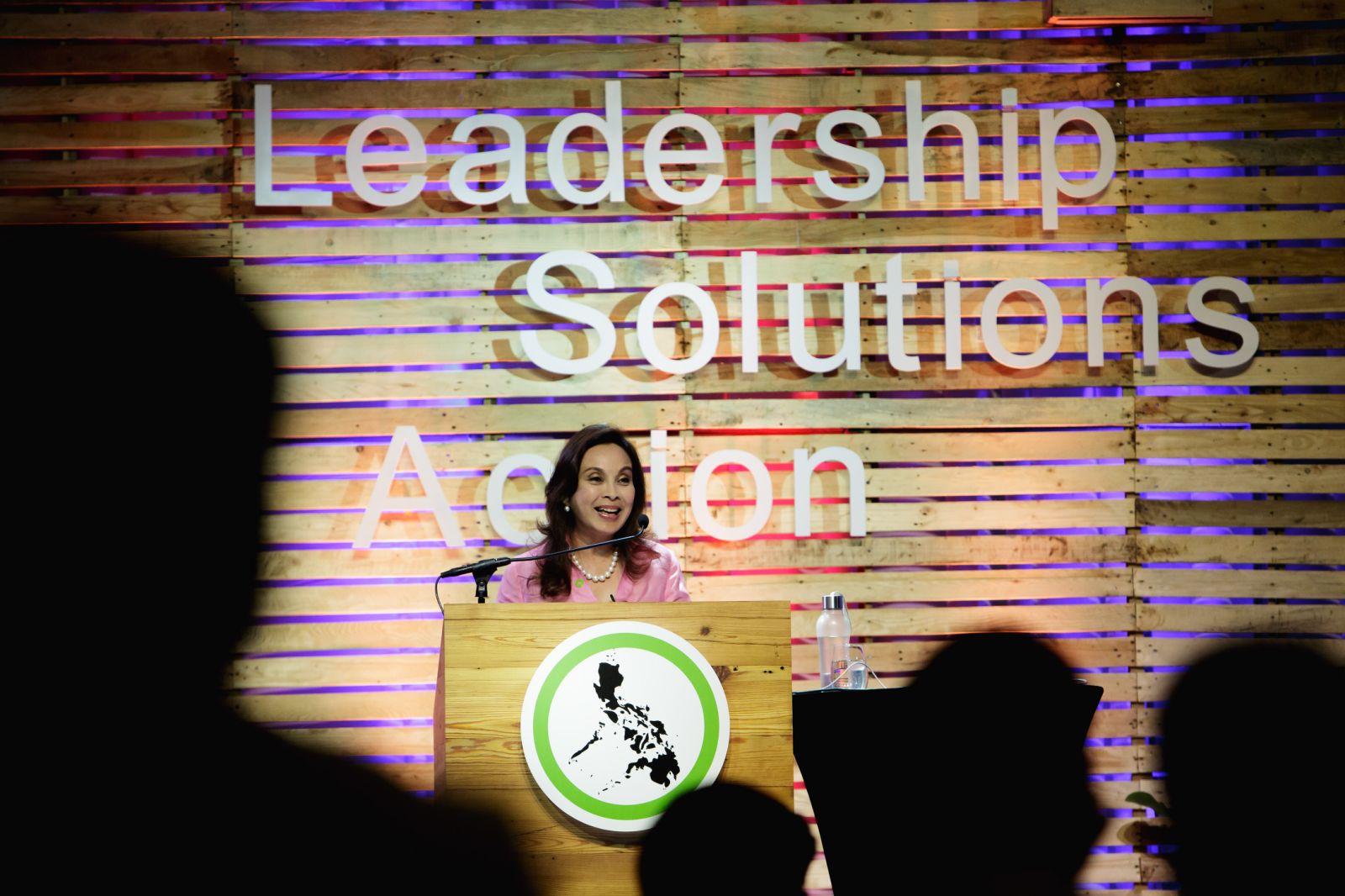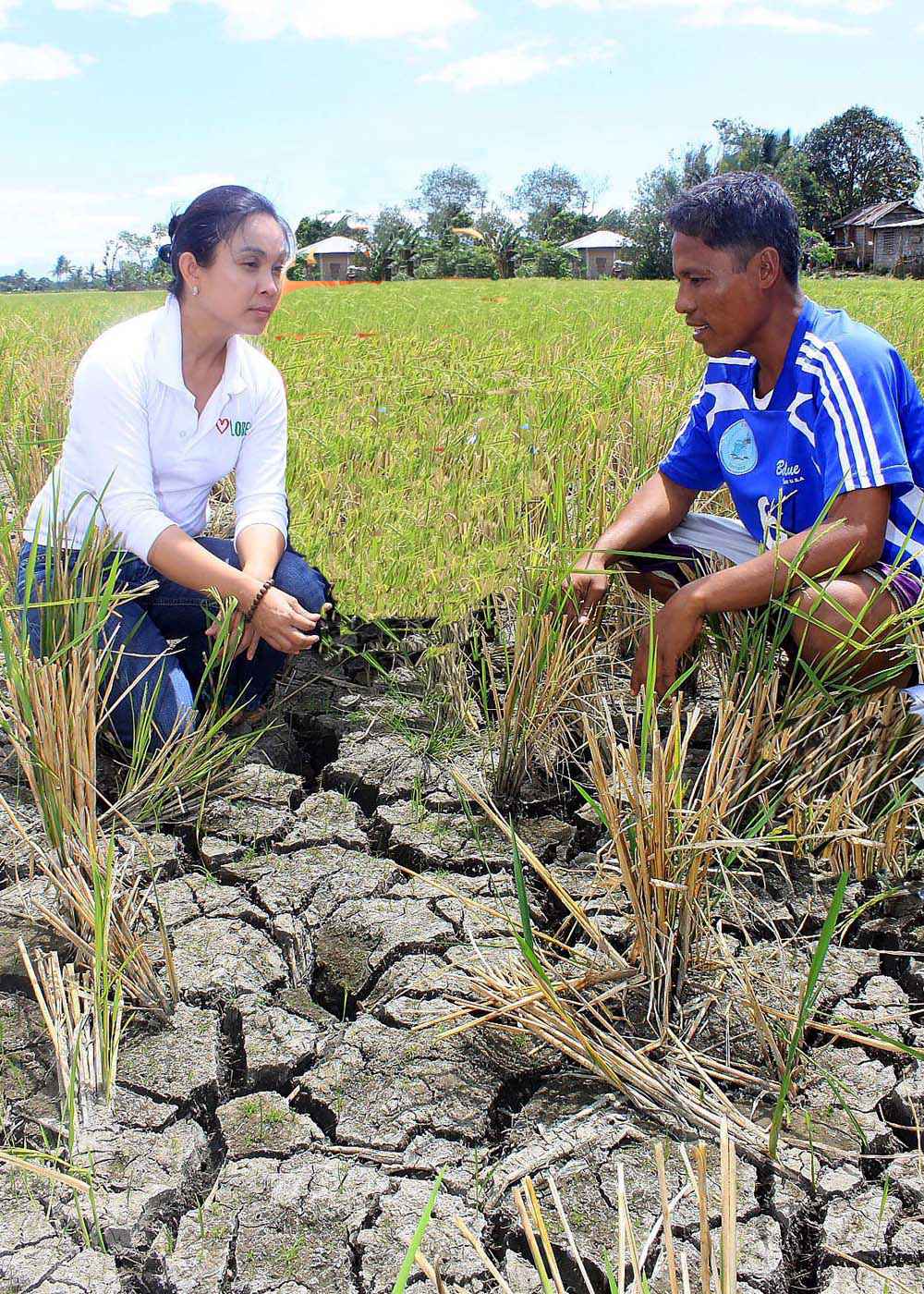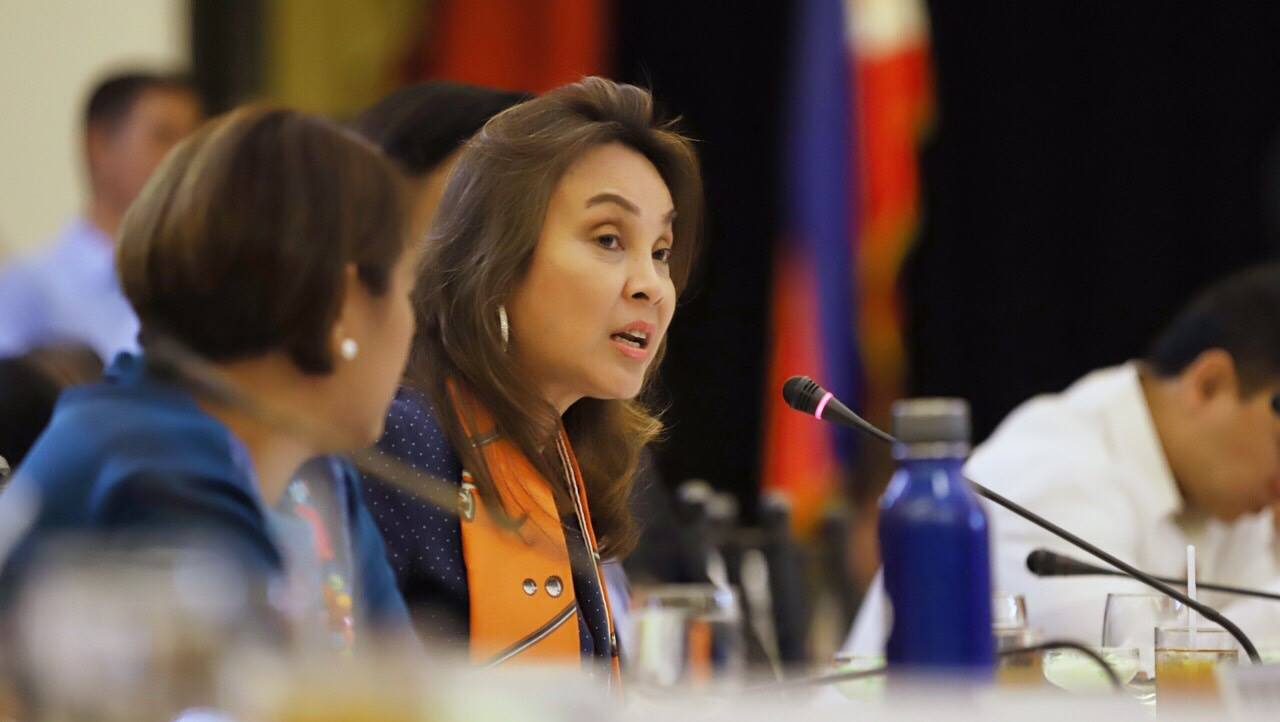Legarda: Ensure implementation of laws, translate national plans, policies into local action to enhance resilience
Deputy Speaker Loren Legarda called for greater solidarity, cooperation, and action in enhancing the country’s resilience in light of the intensifying effects of the climate crisis and the crippling effects of the COVID-19 pandemic.
“The massive scale of the climate crisis has never been more evident than today. We have to recognize that our planet is fast declining, as record highs of 2020 as the warmest year and the period 2011 to 2020 as the warmest decade on record, worsening effects of climate change, and economic shocks from this pandemic set us back to achieve our goals on sustainable and resilient development,” said Legarda, a three-term Senator who is also Global Champion for Resilience of the UN Office for Disaster Risk Reduction and Commissioner of the Global Commission on Adaptation.
Legarda stressed that there is a need to ensure that environmental and climate laws are being implemented and funded as the Philippines pursues a resilient and sustainable recovery. Legarda noted that the country has enough laws—most of which she authored when she was a Senator—but needs to do more in terms of oversight and funding.
“The challenge is resource allocation and effective implementation. Insofar as legislation is concerned, we are one of the pioneers, if I may say, because since way back in 1998, we have legislated numerous important environmental laws, such as the Ecological Solid Waste Management Law, the Clean Air Act, the Clean Water Act, the Climate Change Act, the National Environmental Awareness and Education Act, the Wildlife Resources Conservation and Protection Act, the Renewable Energy Law, the People’s Survival Fund Act, the Disaster Risk Reduction and Management Act, and the Expanded National Integrated Protected Areas System Act, among others. It is vital to fund these laws and make sure these are efficiently implemented and that the people understand and benefit from them,” she added.
Furthermore, Legarda emphasized that the lessons from pandemic recovery must be aligned with how climate action must be pursued, noting the important role of local stakeholders. Legarda underscored the need to promote the principles of “locally-led adaptation” where vulnerable frontline populations must have a voice and role in shaping the recovery in every key sector and system.
“The response must address underlying inequities in society affecting the capacity of local actors to adapt even as they stand on the frontlines of climate change, including marginalized communities, indigenous peoples, women and children, and youth. Local planning and investments can help ensure that the best information is shared, resources are made available, and the best policies are enacted,” Legarda said.
In line with the Global Commission on Adaptation’s (GCA) “locally-led adaptation” principles, Legarda urged policymakers and leaders to: (1) expand financial resources available to local governments and community-based organizations; (2) facilitate efficient access to international and domestic climate finance, and the transfer of technology and knowledge on adaptation and mitigation; (3) adopt nature-based solutions, such as wetlands restoration for water storage and soil moisture, reconnecting rivers to floodplains, planting mangroves to protect from coastal flooding, and increasing green urban spaces; and (4) invest in social preparation for the transformation of all sectors towards low carbon development and a green economy, and the sustained implementation and monitoring of outcomes of national climate plans.
“The only way for a resilient and sustainable recovery is the climate pathway. We should not train our sights merely on enhancing our capacities to rebuild after each and every disaster but rather on reducing risks for our people and building lasting communities so that when disasters strike, we are prepared. We can do this foremost at the local level, where simple local adaptation measures can reduce disaster risks and spell the difference. All climate action is local. We must be able to translate our policies, speeches, and laws into simple language and technology for our people to actually benefit therefrom,” Legarda concluded.***
ADVT
Disclaimer: The comments uploaded on this site do not necessarily represent or reflect the views of management and owner of Cebudailynews. We reserve the right to exclude comments that we deem to be inconsistent with our editorial standards.



